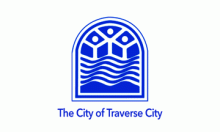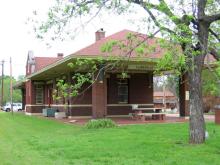Traverse City, Michigan Launches Fiber Network
Traverse City has officially launched its new municipal Fiber-to-the-Home network in the northern Michigan town of 15,000. The city's municipal electric utility, Traverse City Light & Power (TCL&P), owns the network and operates it in a partnership with Fujitsu, with the latter building and initially helping operate it, but turning management over to TCLP as the city utility feels comfortable with each aspect of the operation.
TCL&P Fiber is being built incrementally, starting in the downtown area where the economic heart of the community lies. The first phase is estimated to cost $3.5 million and will offer 2,200 locations service. The rest of the community will be connected in coming years and perhaps ultimately areas outside the current electric footprint.

Getting up to Speed
Traverse City has been working in the communications space for more than 10 years with dark fiber leases to major anchor institutions and key economic entities. In more recent years they were providing free Wi-Fi downtown while considering how to improve Internet access to smaller businesses and residents. For years, they examined various options, with serious consideration of an open access network where the city would build the infrastructure but other ISPs would use it to connect customers.
In an interview today, TCL&P Executive Director Tim Arends told us that they moved on this project after sensing a lot of pent up demand for better service — with speed, reliability, and especially customer service as common complaints with existing service. Though TCL&P did not name check the existing providers, AT&T DSL and Charter Spectrum cable are the main incumbent providers.



